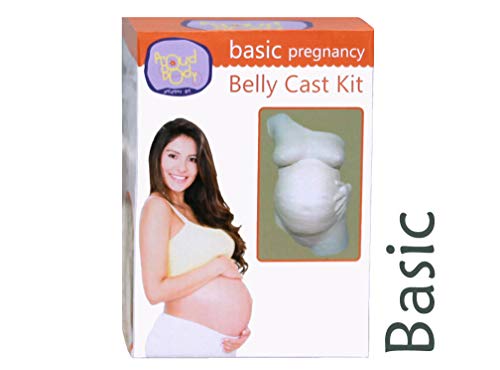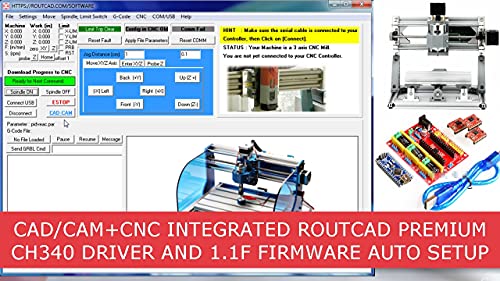- Joined
- Sep 2, 2011
- Messages
- 1,381
- Reaction score
- 370
can you soft solder (plumbers solder) steel? just regular CRS if its cleaned up?
if so any particular color to heat it up to? like silver brazing I know the particular red I'm looking for before the silver will start to flow, but I tested a little plumbers solder on a scrap piece and never could get it to stick. [edit] I tried just cool enough to melt it on up to where the steel was starting to turn dark red. [end edit]
would be nice to soft solder maybe say a sheet metal cover together or something. would be much cheaper than brass or copper sheet as long as it didn't need to hold preasure or anything. example maybe a sheet metal funnel for filling the little fuel tanks.
if so any particular color to heat it up to? like silver brazing I know the particular red I'm looking for before the silver will start to flow, but I tested a little plumbers solder on a scrap piece and never could get it to stick. [edit] I tried just cool enough to melt it on up to where the steel was starting to turn dark red. [end edit]
would be nice to soft solder maybe say a sheet metal cover together or something. would be much cheaper than brass or copper sheet as long as it didn't need to hold preasure or anything. example maybe a sheet metal funnel for filling the little fuel tanks.
Last edited:
































































